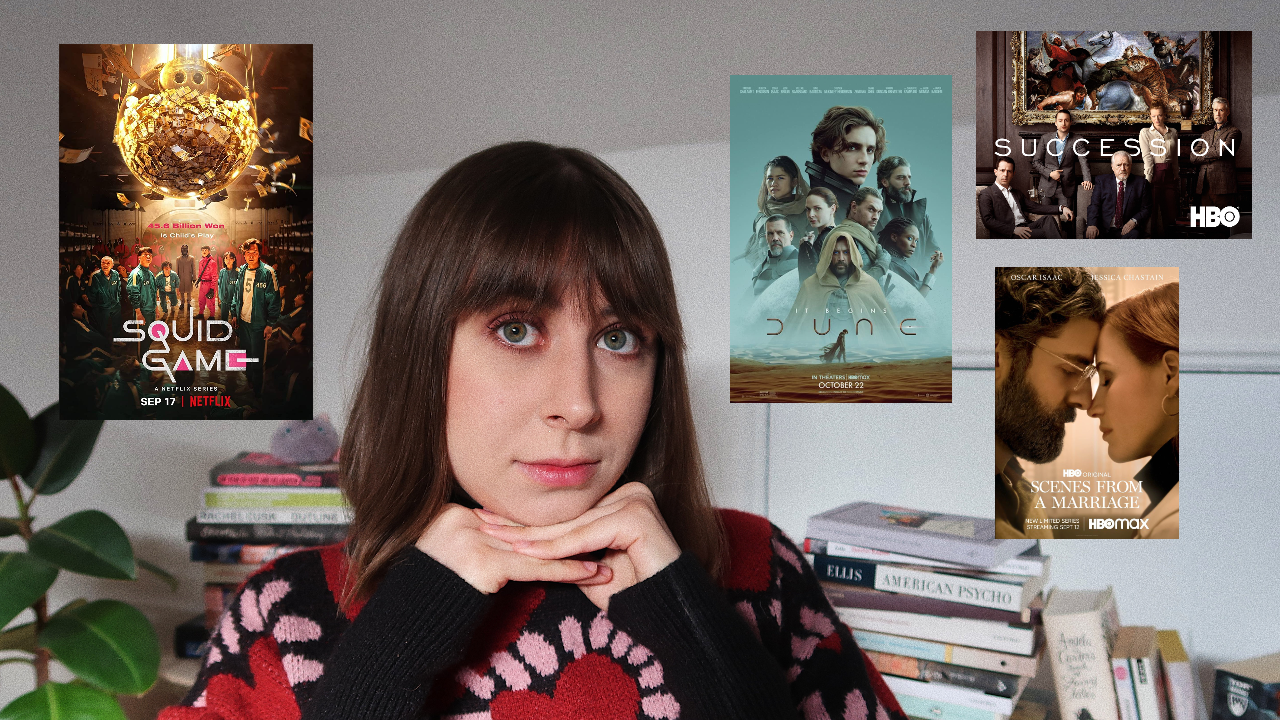Italian Cinema: La Chimera review
La Chimera is the latest film by Alice Rohrwacher and stars Josh O'Connor as an archeologist haunted by the past in 1980s Italy.
Spoilers ahead.
In La Chimera, myths are magically realised on screen. Arthur wanders across Italy in search of his lost lover, Benimina. He is the Orpheus to her Eurydice. He plumbs the depths of tombs, raking through dirt on a promise that always remains out of reach. He cannot enter the underworld and reclaim her. Also, it must be noted that in some versions of the myth, Orpheus ties a string around Eurydice’s ring finger to remind her of her love for Orpheus while she is in the underworld. String is, therefore a symbol of memory, of how we are literally tied to one another even after death.
Another famous myth that is brought to mind both literally and figuratively is that of Theseus and the Minotaur, in which Ariadne helps Theseus escape the dangerous labyrinth with a thread. At the close of the film, Arthur is trapped in a collapsed tomb, and it could be suggested that his melancholic disposition throughout the film is a sort of psychological maze that he can finally escape once he finds the red thread that leads him back to Benimina.
The read thread unravelling from Benimina’s knitted dress.
Arthur sees a tunnel of light leading him out of the sealed tomb and towards Benimina. Death?
The film's stock and lighting make it feel like a dream, fable, or fairytale, which is only furthered by the use of magical realism and superstition, such as when Arthur encounters ghosts on a train, how he uses a stick to find treasure and of course the aforementioned allusions to mythology.
The scenes with the Tombaroli (grave robbers) feel like a travelling troupe of clowns or actors (breaking the 4th wall and all!). For much of the film, you want to be near them, to be a part of this community, and to feel the ecstasy of discovering these ancient artefacts right up until the illusion is shattered. This comes when a beautiful ancient temple is discovered underground; as they unseal this sacred place, the air of the 1980s seeps in and destroys the fresco's immaculate colouration, leaving them duller and spoilt. The temple's centrepiece, a mesmerising statue of Artume, is also decapitated, furthering the symbolism of how destructive greed is.
Early scenes of the Tombaroli reach an almost Bachaenalia level of revelry.
Brutal decapitation of a statue - this desicration shows the true colours of the Tombaroli








